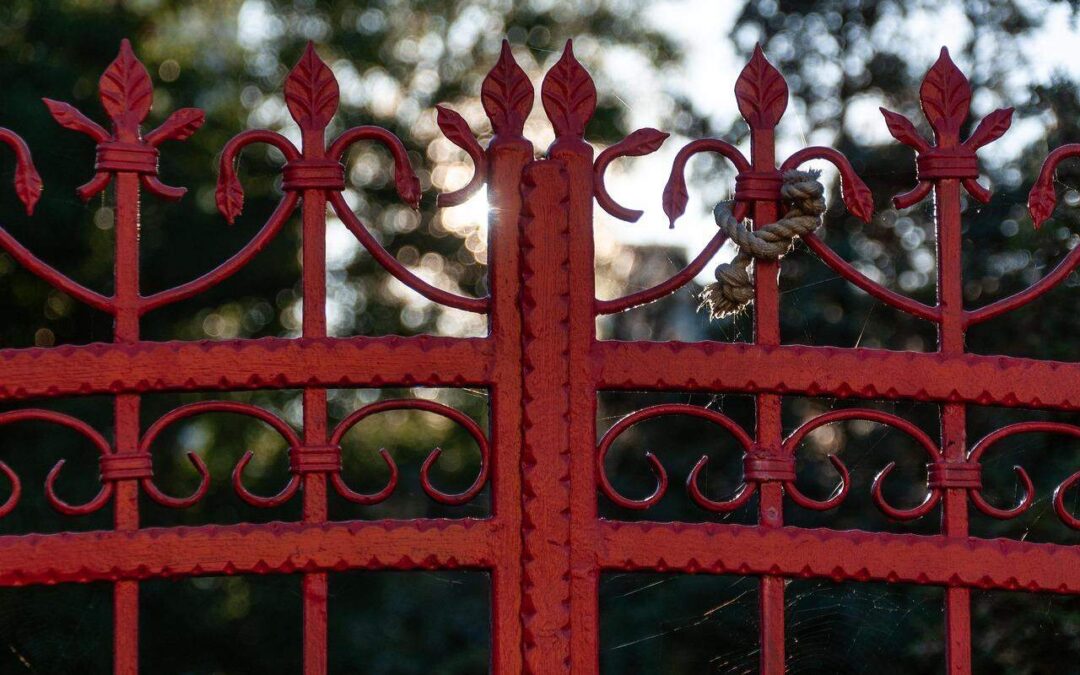When it comes to installing a new fence, one of the biggest decisions you’ll face is choosing the right material. Metal and wood are two of the most popular fencing options, each offering its own set of benefits and drawbacks. To help you make an informed decision, we’ve gathered advice from fencing professionals on how to choose the best option for your property.
Consider the Purpose of Your Fence
The first question to ask yourself is what the primary purpose of your fence will be. If your goal is privacy, wooden fences generally offer better coverage and a more secluded feel. On the other hand, if security and durability are top priorities, metal fencing such as wrought iron or steel may be the way to go. Professional fence installers and Leicester fencing contractors such as RTC often advise homeowners to think carefully about their specific needs—whether it’s keeping pets in, deterring intruders, enhancing curb appeal, or marking property lines. Your primary goal will heavily influence which material makes the most sense.
Evaluate Your Property’s Style
Aesthetic appeal is another important factor. Wood fences offer a natural, classic look that complements most traditional homes and garden settings. They can also be stained or painted to match your house or landscape. Metal fences, especially ornamental wrought iron or sleek aluminium, can lend a more modern or upscale appearance. Experts recommend choosing a style that complements your home’s architecture. For example, a rustic home might look better with a cedar or redwood fence, while a minimalist black metal fence might enhance a contemporary home.
Compare Maintenance Requirements
One of the biggest differences between metal and wood fences is maintenance. Wood fences require more upkeep—they need regular staining or painting to protect against weathering, pests, and rot. Without proper maintenance, a wooden fence can warp or decay over time. Metal fences, on the other hand, are typically much lower maintenance. Aluminium and galvanised steel resist rust and corrosion, and wrought iron can be treated with rust-inhibiting finishes to extend its lifespan. Professionals often point out that metal fences may cost more upfront but save money in the long run due to lower maintenance needs.
Factor in Longevity and Durability
In terms of lifespan, metal fences generally last much longer than wooden ones. Treated wooden fences can last 15 to 20 years with proper care, while metal fences can easily last 30 years or more. If you’re planning to stay in your home for decades or simply want a one-and-done solution, a metal fence might be the smarter investment.
Contractors also emphasise the importance of considering local climate conditions. In areas with heavy rainfall or high humidity, wood is more prone to moisture damage. In such environments, a metal fence is often the more durable option.
Weigh the Cost Difference
Budget is always a consideration. While wooden fences are usually cheaper to install initially, they may end up costing more over time due to maintenance and shorter lifespan. Metal fences, particularly custom or decorative designs, can be more expensive up front but offer long-term value. Fence professionals suggest getting estimates for both types and calculating potential maintenance expenses over a 10- to 20-year period to get a clearer financial picture.

Recent Comments